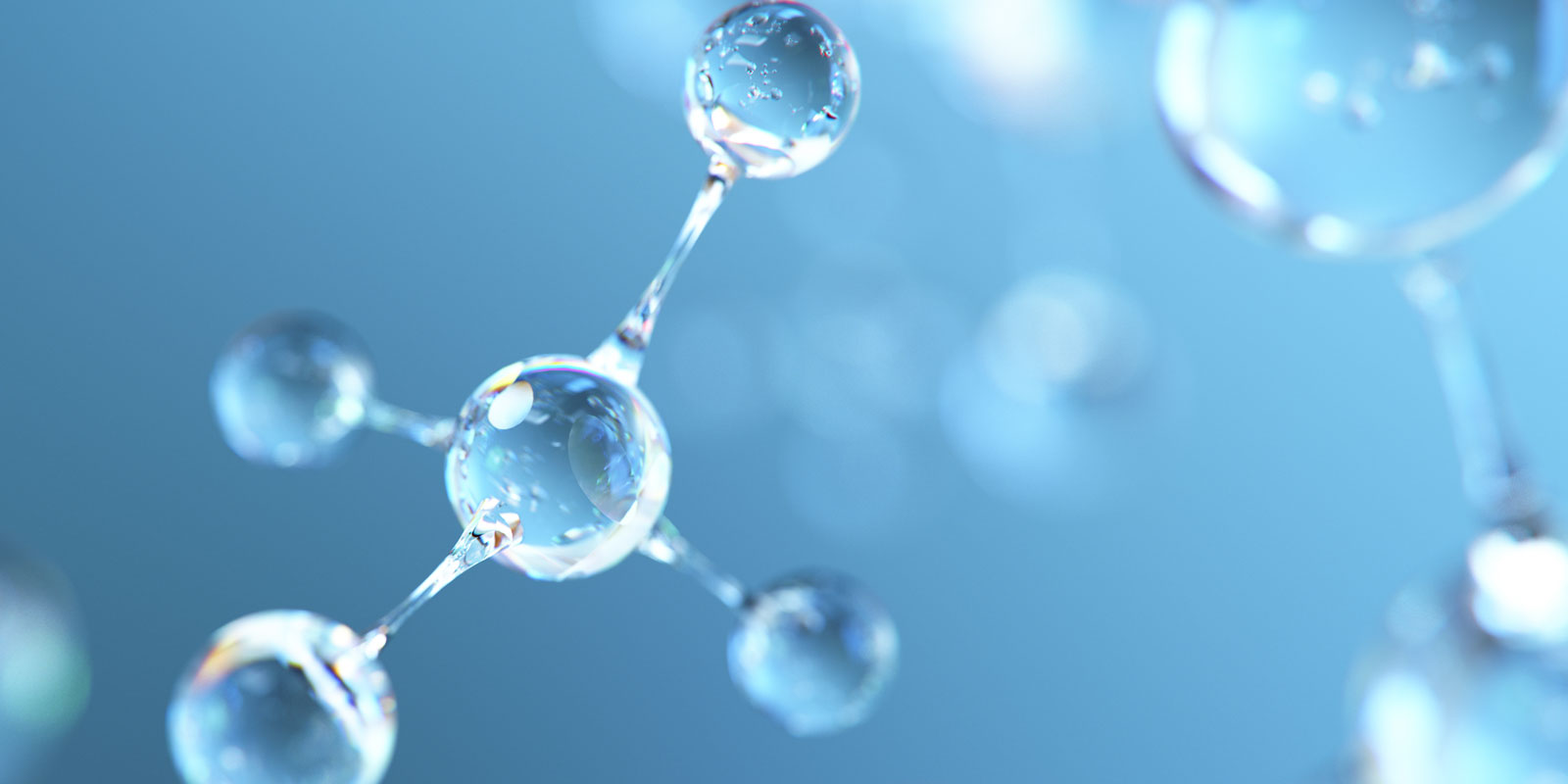Extractables and Leachables Testing Solutions (E&L)

Why do E&L testing?
Extractables and leachables (E&L) studies enable drug sponsors to quantify and identify the risks of potentially toxic leachable impurities migrating into a drug solution from container closure systems, processing equipment or packaging.
Regulatory bodies such as the US Food and Drug Administration (FDA) and The European Medicines Agency (EMA) are increasingly focusing on the interactions between various manufacturing components (such as single use systems), drug delivery devices and container-closure systems, and the finished pharmaceutical product.
The SGS Life Science network of laboratories, with E&L centers of excellence in Europe, North America and Asia-Pacific offer a wide range of testing solutions to satisfy both local and global demands. We test extractables in container materials, medical devices, single use systems (SUS) and other consumables used in pharmaceutical production, such as filters, tubes connectors and others, as well as leachables in final products.
Our Life Sciences laboratories provide the following E&L capabilities
| Medical Devices | Pharmaceuticals |
|---|---|
|
|
Safeguarding Patients’ Safety
Tailored study design and testing for extractables and leachables in finished pharmaceutical packaging, process equipment, and medical devices and leachables in final products.
Medical Device Testing
We offer a wide range of extractables and leachables and biocompatibility product testing services for:
- Extractables Study (ISO 10993-18)
- Leachables/Simulation Study
- Cytotoxicity test of Leachables (ISO 10993-5)
- Sensitization test of Leachables (ISO 10993-10)
- Material characterization including topographical methods (TGA, DSC, SEM, XRD, etc.)
- Failure Mode Analysis
- Component parts from medical devices, e.g. mostly higher-risk class devices (Article IX of the EU Council Directive 93/42/EEC), transfer sets, implants, prostheses (stents, joints, bone-replacement material) components that are used in dialysis systems, and contact lenses
- A range of materials, e. g. plastic, ceramics, elastomers, coatings, metals and alloys, varnished parts
Pharmaceutical and Biopharmaceutical Product Testing
We offer a wide range of extractables and leachables testing services for pharmaceutical and biopharmaceutical products as:
- Primary packaging for pharmaceuticals (inhalation, parenteral, ophthalmic, topical and oral drug forms), e.g. bottles, tubes and bags
- Secondary packaging, e.g. labels, packaging made from cardboards, plastic, metals and laminates
- Delivery systems, e.g. syringes, transdermal patches and dosage systems
- Single-use systems (SUS) or other process materials used during pharmaceutical or biopharmaceutical manufacturing, e.g. filter systems, tubing, connectors, storage bags, seals, and membranes
- Leachables Method Development and Validation
- Leachable Studies on Stability Samples
Test According to International Standards
- Physico-chemical testing according compendium monograph:
- Such as: Ph.Eur 3.X und 3.2, USP <661.X>, JP 7 and customized methods
- Organic and inorganic residues, ICH Q3
- Extractables & Leachables assessments for finished packaging:
- EMA, US-FDA, USP <1663>, <1664>, recommendations of PQRI
- Sound scientific research leachables-screening studies
- Migrations-/simulated use studies
- Leachables shelf-life studies (GMP/cGMP studies)
- Extractables and leachables assessments for single-use systems (SUS) that are used in pharmaceutical production:
- EMA, US-FDA, USP <665>, <1665>; current recommendations of ASTM, ISPE, BPSA, BPOG, PDA can be taken in account
- Quantitative and qualitative determinations of plastic additives and related substances (impurities/breakdowns)
- Chemical characterization studies according to ISO 10993
- Biocompatibility studies (inVivo, inVitro on special request) for medical devices and system-components according to ISO 10993, USP <87> and <88>
- Aging studies under accelerated conditions according to ASTM F 1980-07
Principal Analytical Techniques
Extraction: Reflux, Soxhlet, static extraction and under agitation, pump assisted extraction, chemical digestion of polymers
- HS-GC/MS (EI, CI), GC-FID/MS (EI, CI), GC-QTof or Orbitrap (EI, CI), HPLC-DAD/QTof or Orbitrap (ESI, APCI), ICP-MS, ICP-OES, IC-CD
- Specific trace analytical methods, targeted analysis: e.g. low mass aldehydes, perfluorinated carbonic acids (PFCA) and nitrosamines (GC-TEA) following ISO 17025
- Wet chemical methods: pH, TOC, conductivity, NVR and others
- Structural elucidation by high resolution mass spectrometry, fraction collection by HPLC, NMR analysis (via external partner, requires sufficient amounts of analyte)
Consultancy Supplementary Services
Toxicological assessments of extractables/leachables studies for medicinal products:
- Derivation of health-based thresholds, such as Permitted Daily Exposure (PDE) values, as needed for validation of packaging materials
- In silico toxicology for the assessment of substances without sufficient data by using TTC-concept or other QSAR tools
- Assessment of genotoxic/carcinogenic substances according to ICH-M7 or ICH S9
- Toxicological assessments of extractable/leachable studies of medical devices according to ISO 10993-17

